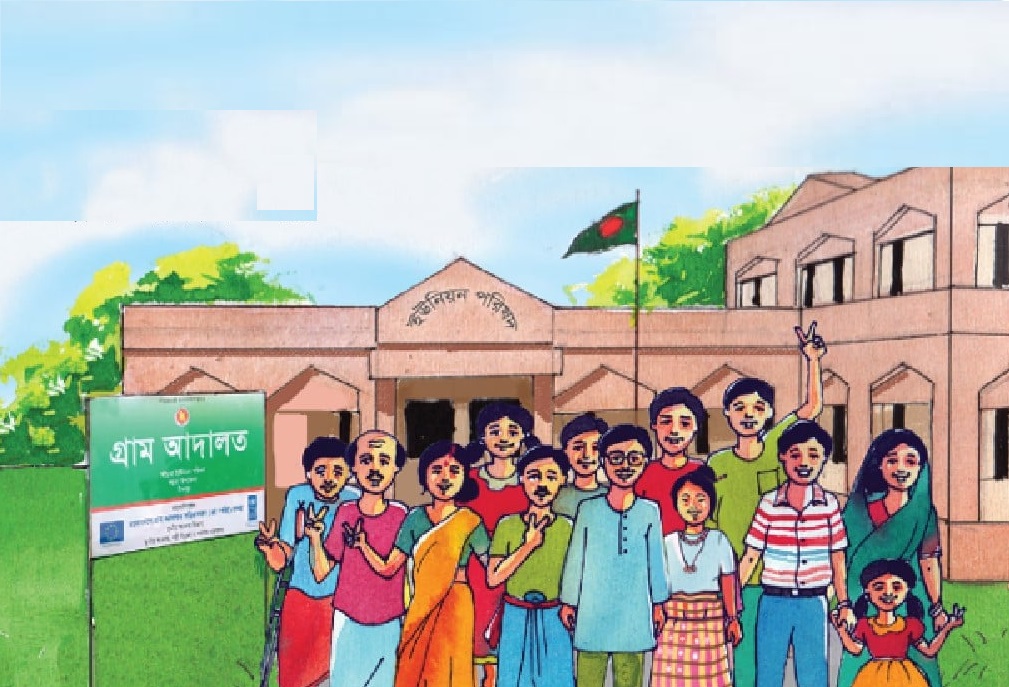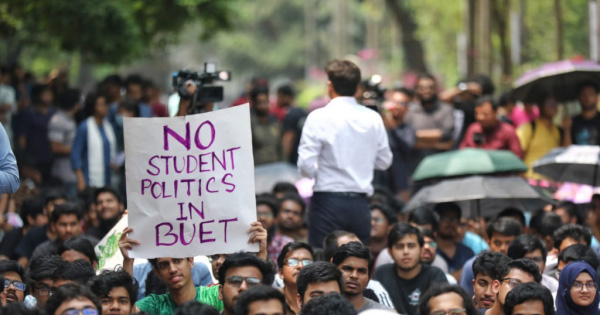The COVID-19 pandemic left no aspect of life untouched, from health systems to economic stability, but one of its most devastating yet overlooked effects has been on mental health, particularly among the youth. In Bangladesh, a staggering 61.2% of young people aged 18-25 report suffering from depression, and 3.7% have attempted suicide during this period, according to a recent survey by the Aanchal Foundation. Yet, despite these alarming statistics, the government’s response to this crisis remains grossly inadequate.
The survey paints a grim picture of a generation besieged by multiple stressors—academic disruptions, career uncertainties, loneliness, financial struggles, and coercion into marriage, especially for young women. These are not just abstract statistics; they represent real lives teetering on the edge, often with no safety net in sight. The 3.7% of young people who attempted suicide serve as a harrowing reminder of the stakes involved. Behind this number are stories of despair, compounded by systemic failures.
Despite this mental health crisis, the government’s initiatives have been sparse, reactionary, and underfunded. Mental health infrastructure in Bangladesh was woefully inadequate even before the pandemic, with less than 0.5% of the national health budget allocated to mental health. The pandemic demanded an urgent recalibration of priorities, but the government fell short in recognizing and addressing the escalating crisis.
1. Lack of Mental Health Services
Bangladesh has a critical shortage of mental health professionals. According to reports, there are fewer than 200 psychiatrists and an even smaller number of clinical psychologists serving a population of over 160 million. This gap renders it nearly impossible for young people, especially those in rural or underprivileged areas, to access professional help.
2. No Nationwide Mental Health Campaign
While governments worldwide launched mental health awareness campaigns during the pandemic, Bangladesh lagged behind. There was no comprehensive effort to destigmatize mental health issues or to encourage youth to seek help. This silence perpetuates stigma, driving those in need further into isolation.
3. Ignoring Educational and Social Stressors
The government’s failure to address session jams, delayed exams, and career stagnation—key contributors to the mental health crisis—further exacerbates the problem. These issues demand policy-level interventions, such as flexible academic timelines, financial support for students, and structured career counseling programs. Instead, young people are left to fend for themselves.
4. Gender-Specific Challenges
The survey highlighted that 10% of young women are pressured by their families to marry, underscoring the intersection of mental health with gender inequality. The government has largely ignored these socio-cultural pressures, failing to implement or enforce laws and initiatives to protect women’s autonomy.
What Needs to Change?
The current crisis is not insurmountable, but it requires immediate and decisive government action. Here are some critical steps that must be taken:
* Increase Funding for Mental Health
Allocate a substantial portion of the national health budget to develop mental health services, hire more professionals, and establish counseling centers at educational institutions.
* Nationwide Awareness Campaigns
Launch large-scale campaigns to break the stigma surrounding mental health. Collaborate with student organizations like the Aanchal Foundation to reach youth effectively.
* Support for Educational Institutions
Address session jams, provide academic counseling, and ensure students have access to resources to manage stress. Virtual learning platforms and financial aid should also be prioritized.
* Protect Women’s Rights
Enforce laws against child and forced marriage and support programs that empower young women to resist societal pressures. Mental health policies must explicitly address gender-specific challenges.
* Accessible Crisis Helplines
Establish 24/7 mental health crisis helplines with trained professionals to provide immediate support for those at risk of suicide.
Conclusion
The survey results are a wake-up call that Bangladesh can no longer afford to ignore. Mental health is not a luxury but a fundamental right, integral to a nation’s development. The government must move beyond token gestures and adopt a robust, multi-pronged approach to address this crisis. Failing to act now risks condemning an entire generation to a future shaped by despair rather than potential.







